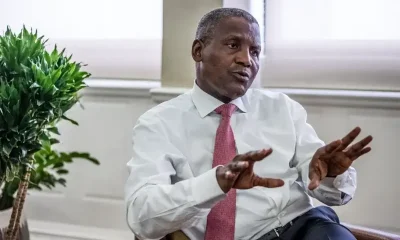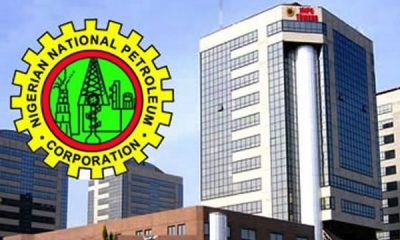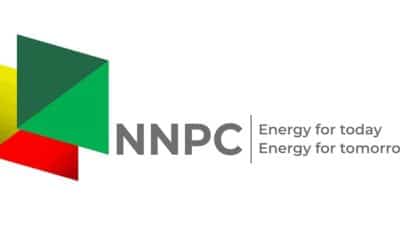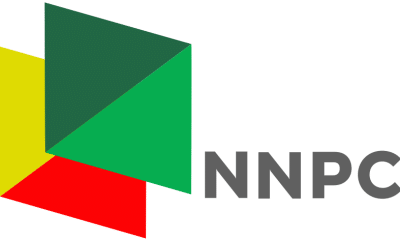Business
Dangote Refinery Seeks Loan To Boost Crude Supply, Production
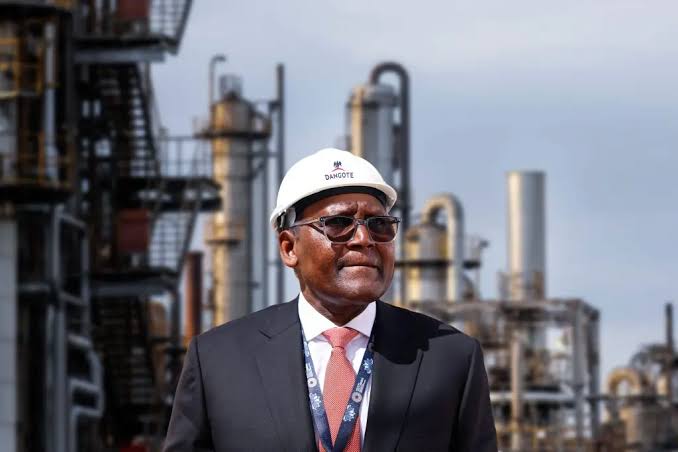
The Dangote Petroleum Refinery is actively pursuing funding to secure billions of dollars for crude oil imports and ramp up production capacity, according to recent reports.
Despite launching a naira-for-crude agreement last month, which facilitated the supply of four cargoes, the refinery is still in need of significant financing to meet its full operational potential.
A report from the Financial Times on Sunday revealed that Chairman of the Dangote Group, Aliko Dangote, is negotiating with commercial banks, development lenders, oil traders, and other stakeholders to secure funds.
Insiders estimate that around $2 billion would be required every 90 days to maintain a baseline supply of 300,000 barrels of crude per day (b/d).
The refinery, which has a maximum capacity of 650,000 b/d, needs additional crude oil to achieve this target.
Earlier this year, a senior Dangote executive, Devakumar Edwin, disclosed that the refinery had sourced crude from the U.S. and Brazil and was in talks with African producers like Libya and Angola.
Last week, the refinery entered an off-take agreement with the Independent Petroleum Marketers Association of Nigeria (IPMAN) to distribute refined products, including petrol and diesel, directly from the plant.
Since its launch, the facility has begun producing jet fuel, naphtha, and petrol, raising hopes of reducing Nigeria’s dependency on imported fuel.
Concerns Over Funding and Currency Devaluation
However, challenges remain. Financial backers have expressed concerns about the refinery’s ability to secure consistent crude supplies.
One banker involved in the fundraising noted that the volatility of Nigeria’s naira, which has sharply devalued following two currency adjustments, poses a significant risk to profitability.
“The refinery may never make a profit in real terms. It was built over-budget and the naira, which is a major currency of future revenue, has devalued massively,” a banker said.
The Africa Finance Corporation (AFC), a pan-African development finance institution and an investor in the project, is among those involved in the funding discussions. Last December, the AFC led a financing round to help operationalize the refinery.
Naira-for-Crude Deal and Future Outlook
Last month, the Nigerian government, through the Technical Sub-Committee on Domestic Sales of Crude Oil in Local Currency, agreed to supply the refinery crude in naira for six months in the first instance, pending further review.
However, questions remain about the Nigerian National Petroleum Company’s (NNPC) ability to meet the refinery’s crude needs due to prior forward contracts.
Even if NNPC delivers, the refinery will still require an additional 185,000 b/d—or over 5 million barrels monthly—to meet its January 2024 target of 550,000 b/d.
Notably, the NNPC’s equity stake in the refinery was reduced from 20% to 7.2% after it failed to pay the balance of a $2.7 billion deal, having initially contributed $1 billion upfront in 2021.

